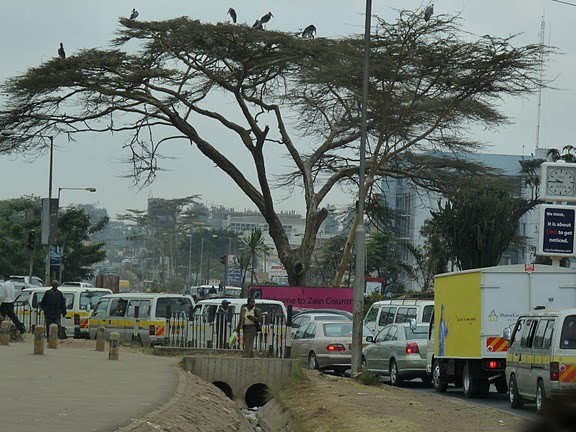
A majority of the world’s people live in cities, towns or metropolitan regions and the number of urban residents is growing. Great waves of urbanization and city building are now taking place in many parts of Africa and Asia. Consumption patterns, land-uses, infrastructure, waste, pollutants and emissions are increasing and transforming with urbanization. How we shape, design, manage and govern urban areas will critically determine much of our planetary future.
Our center focuses on how to build low carbon, healthy, just, sustainable and livable cities. To be effective, our work embraces inter-and trans disciplinary collaborative and engaged knowledge creation, creative use of technologies, networks and open data, all with a practical focus on feeding constructively into impactful projects, programs and policies.
A key animating question for our work is how to build coalitions and networks as well as support education, communication and outreach to achieve needed institutional and structural change in the face of poverty, deep inequalities, climate change, environmental damage and injustice. We address this overarching question via a wide variety of research and engagement on specific urban components of this challenge. Components include: growing and improving green public transport, expanding equitable access to it, making urbanized land-use more sustainable including, green building designs and zoning, addressing urban poverty and spatial inequalities, building monitoring systems and data bases around both local pollution and greenhouse gas emissions, meeting the SDGs and climate goals, preparing cities for climate change impacts including extreme heat and building just, sustainable and inclusive cities.
